Welcome to Edu:Social!
Where innovative research meets application
Edu:Social is a Germany-wide scientific research study conducted by the Social Neuroscience Labs of the Max Planck Society. It aims to strengthen resilience and social skills among teachers and healthcare professionals. We provide a several week long mental intervention program that promotes mental health and social competencies while also reducing the risk of stress-related burnout.
Register for Edu:Social School Study 2!
Scientific Background
Small Steps, Big Impact
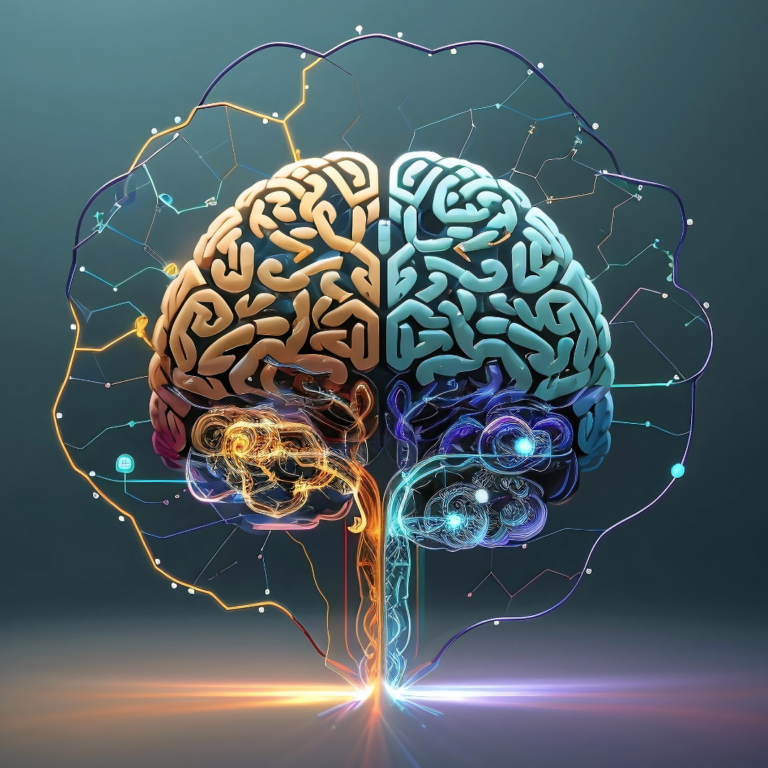
With this digital intervention program, it is possible to achieve significant results with comparatively little effort. Previous studies have already demonstrated the following positive effects:
- Increased life satisfaction
- Improved mental health
- Strengthened social cohesion
- Strengthened social skills (empathy, compassion)
- Increased resilience
- Reduced stress
- Reduced loneliness
I am simply more in tune with myself, can face the difficulties of everyday life more calmly, have learned how to gradually say goodbye to obstructive thought patterns and make decisions more intuitively than ever before.
I am very grateful to you for allowing me to take part in the study! I have become a completely new, much happier and more patient person through the daily meditation and the support in the meetings.
Recent Projects
CovSocial and ReSource Project
The Edu:Social project is based on the results of two successful and unique research projects conducted under the direction of Prof. Dr. Tania Singer. The ReSource project, a comprehensive long-term study on mindfulness and compassion-based mental training, explored the effects of different types of meditation and mental practices on brain, health, stress, well-being and social behavior. The CovSocial project analyzed the impact of the Covid-19 pandemic on the well-being, behavior, stress experience and social cohesion of Berlin adults. In a second phase, it investigated the effects of digital, 10-week mindfulness training or socio-emotional partner-based mental training on resilience, mental health and social skills. The Edu:Social builds upon the CovSocial study and is now investigating the implementation of these mental training programs for the school and healthcare setting.

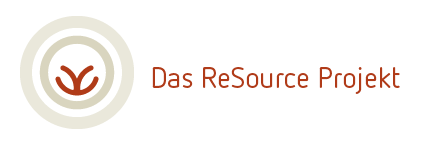
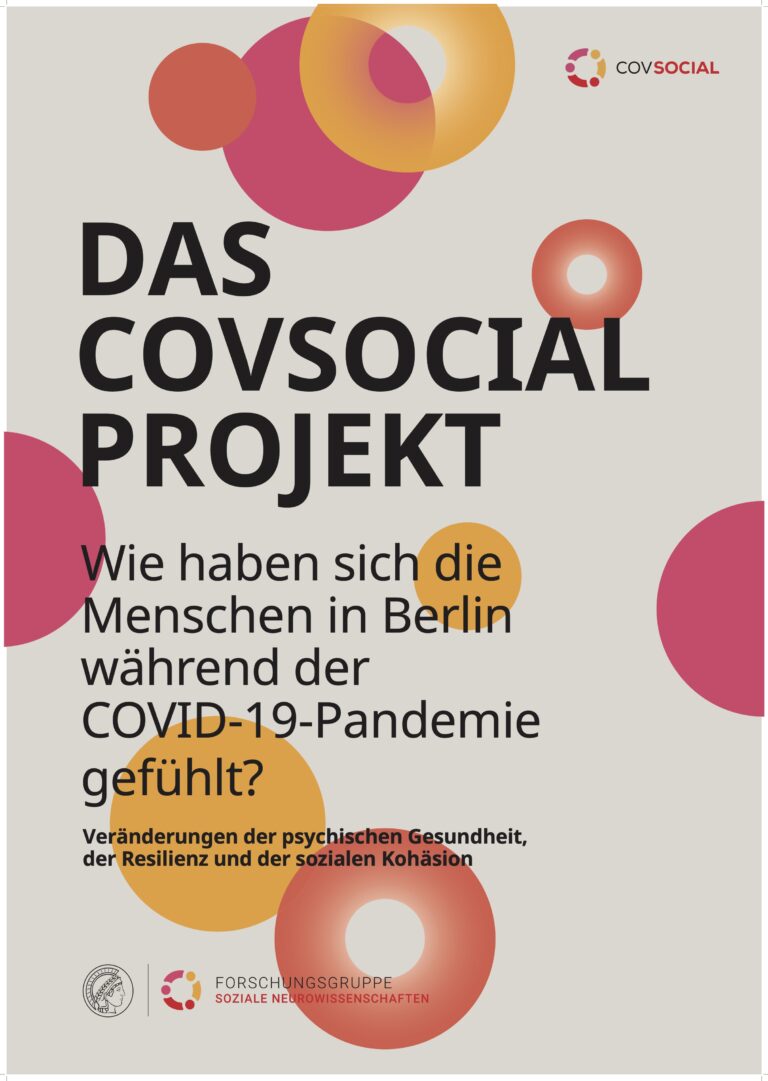
News
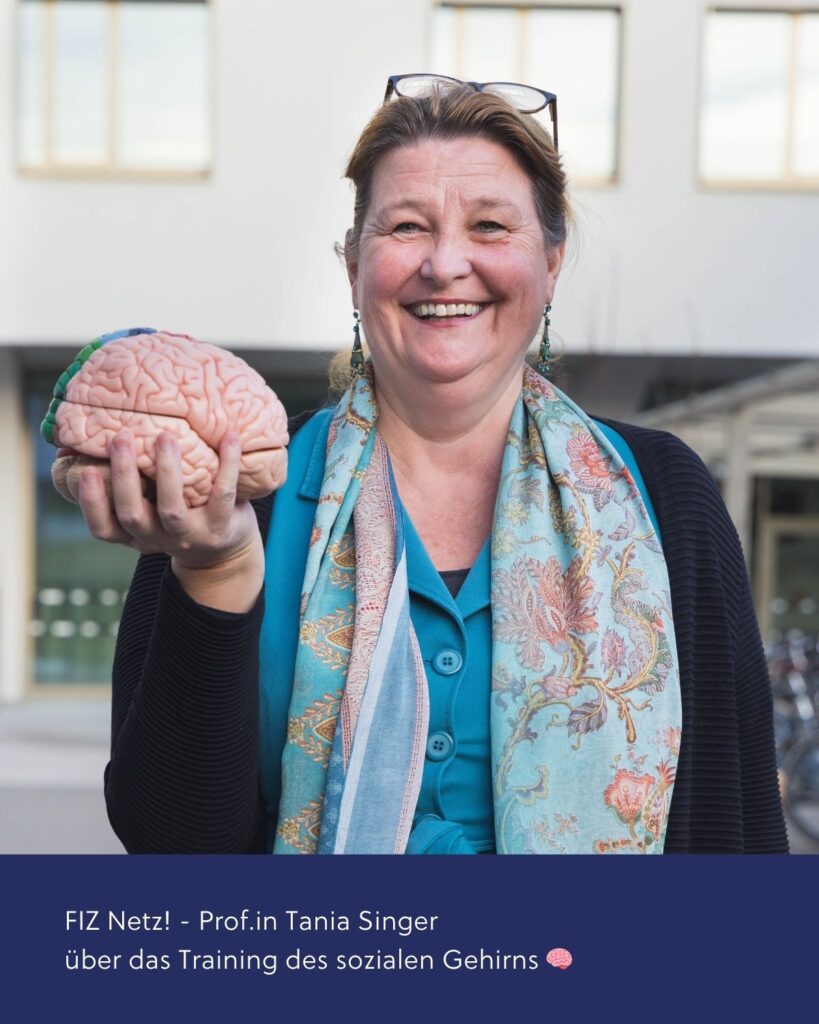
Edu:Social Health Care at FIZ
November 12, 2025 – In this talk at the FIZ Tania Singer introduces the Edu:Social Health Care Project, a joint cooperation with the Paracelsus Medical University Salzburg, Austria.
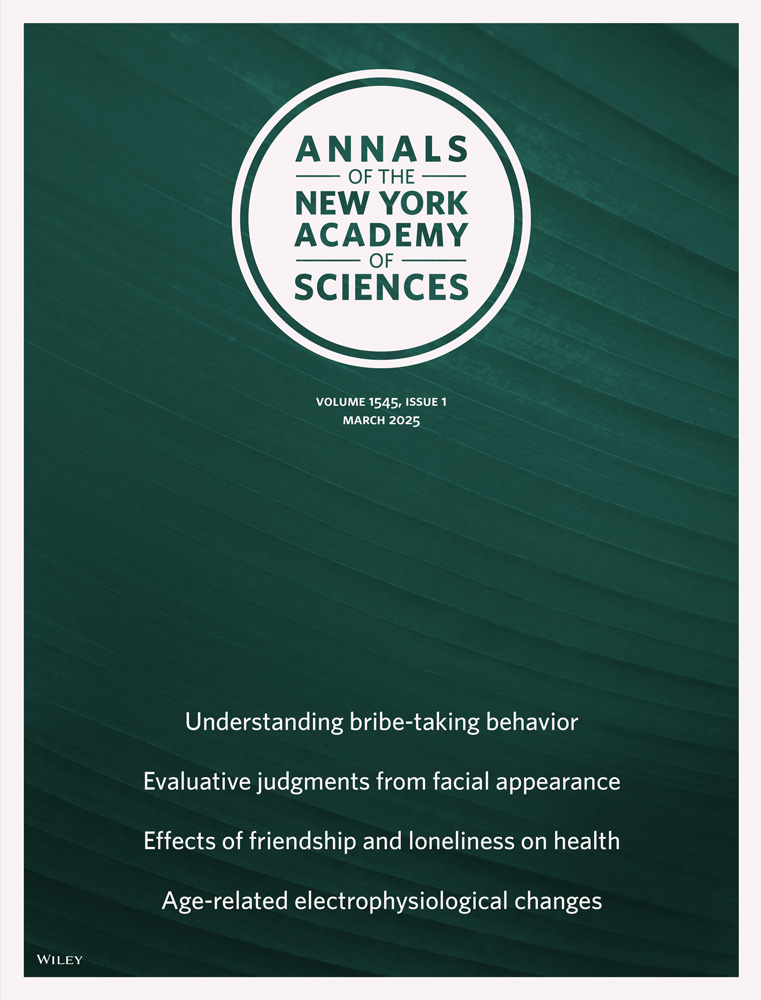
April 04, 2024 – 25+ Years of Tania Singer’s Social Neuroscience research including the ReSource, CovSocial and Edu:Social School Project and her recent Dyad-work are reviewed in this NYAS review article.

To support the Edu:Social Healthcare and Edu:Social School project, we are looking for a PostDoc and/or Senior researchers. More information can be found here.

Tania Singer and ISCTH President Kaivalya Kashyap explore the science of compassion, the role of heart intelligence in systemic transformation, and new pathways toward a more balanced world. This time recorded in a podcast bus. (German only)
Trailer - CovSocial Symposium 2022
Scientific Publications
A neuroscience perspective on the plasticity of the social and relational brain. Annals of the New York Academy of Sciences, S. 1 – 23.
Matthaeus, M., Heim, C., Voelkle, M. & Singer T. (2024)
Reducing Neuroendocrine Psychosocial Stress Response Through Socio-emotional Dyadic but not Mindfulness Online Training. Frontiers in Endocrinology 15, 1277929.
Godara, M. & Singer T. (2024).
10-Week Trajectories of Candidate Psychological Processes Differentially Predict Mental Health Gains from Online Dyadic Versus Mindfulness Interventions: A Randomized Clinical Trial. Journal of Clinical Medicine, 13(11), 3295.
Matthaeus, H., Godara, M., Silveira, S., Hecht, M., Voelkle, M., & Singer, T. (2024).
Loneliness through the Power of Practicing Together: A Randomized Controlled Trial of Online Dyadic Socio-Emotional vs. Mindfulness-Based Training. International Journal of Environmental Research and Public Health, 21(5), 570.
Godara, M., Hecht, M., & Singer, T. (2024).
Training-related improvements in mental well-being through reduction in negative interpretation bias: A randomized trial of online socio-emotional dyadic and mindfulness interventions. Journal of Affective Disorders.
Reducing alexithymia and increasing interoceptive awareness: A randomized controlled trial comparing mindfulness with dyadic socio-emotional app-based practice. Journal of Affective Disorders, 341, pp. 162-169.